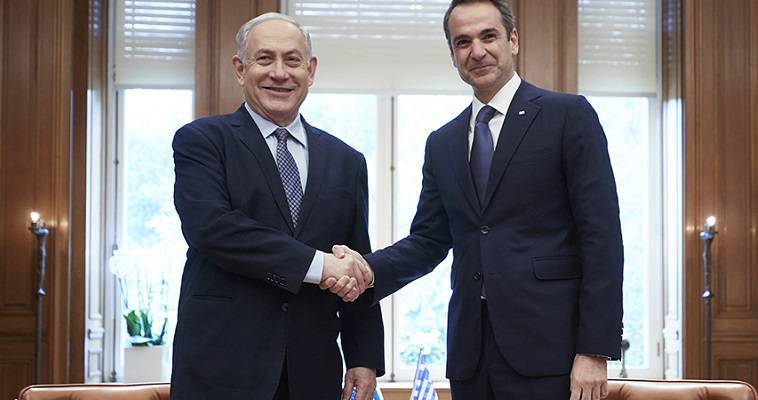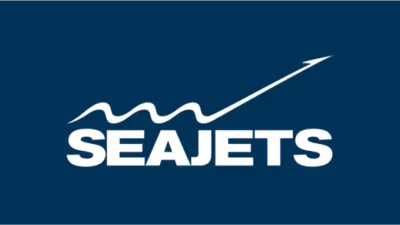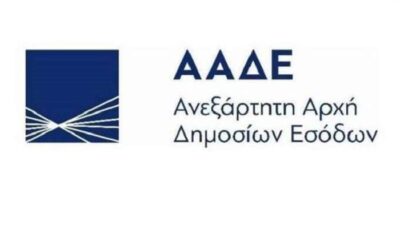Alexandrow Tarkas: Mitsotakis-Netanyahu talks rekindle close relations – Libya on the table
15/06/2020
The prime ministers of Greece and Israel, Mitsotakis and Netanyahu, will decide on revamping goals and priorities during their talks next week, following a peculiar hiatus of 14 months in bilateral co-operation due to the consecutive elections in Israel.
The contacts of the past months, with the participation of both Foreign Minister Nikos Dendias and the experienced Secretary General of the Ministry, Ambassador Themistocles Demiris, on the Israeli side, by Israeli Ambassador to Athens Yosi Amrani, covered (at least satisfactorily) the diplomatic gap. Especially last November and December, when the Israeli side had initially underestimated the consequences of the illegal Turkish-Libyan memorandum for the entire region of the Eastern Mediterranean.
The actions of the Israeli embassy in Athens and the careful revision of some of the Greek side’s handling of the UN and the EU led, after a few weeks, to a strong condemnation of Ankara’s actions. At the same time, the Israeli side had faced, with moderation and determination, an incident of harassment of a cargo ship south of Crete by the Turkish Navy.
The Israeli-Turkish rapprochement rumor
In view of the Mitsotakis-Netanyahu talks, the main question for Greek and foreign diplomats in Athens concerns the validity or not of the Israeli-Turkish rapprochement rumor, ten years after the crisis with the ship “Mavi Marmara” (May 2010) and the talks between Papandreou-Netanyahu (August 2010).
Although the rumor was fueled by an article by an Israeli official in Ankara about the need for co-operation between the two sides against Iran, the final conclusion is that such a shift is not apparent from the Netanyahu government. In addition to the Israeli Prime Minister’s, now, also personal, confrontation with the Turkish president, the fact that Ankara is seeking new grounds for confrontation must be taken into account, focusing on the forthcoming Israeli decisions on the West Bank.
Also, despite the close and high value, economic relations and trade between Ankara and Jerusalem, the Israeli leadership has never shown signs of subordination of its political and defense options to the altar of economic expediency. Of course, in the future there will be some kind of warming of relations, but it would be unlikely that it would be directly detrimental to Greece.
Mitsotakis-Netanyahu talks – Defense and energy on the table
In this context, the Prime Ministers of Greece and Israel are expected to focus, first of all, on defense and energy issues and developments in the region (especially on developments in Libya and more broadly in the exportation of destabilization), as well as on what has become traditional in recent years, the promotion of economic and technological cooperation.
The unfortunate situation of the coronavirus crisis does not, unfortunately, allow for high hopes concerning financing investment projects in Greece. It is noteworthy that while it was almost certain at the beginning of the year, under the privatization program, that there would be an acquisition of a large state-owned company by two Israeli groups, the final developments in this case can not be predicted due to the global economic crisis.
Funds and corporations, which promise funding for other investments, have not provided details on their design or exact ownership. At the same time, Messrs. Mitsotakis and Netanyahu will have to make final decisions (or at this stage to consider several alternatives) on the form of cooperation between the two countries and the United States.
The US wants a Cold War
Due to coronavirus and the confrontation of the great powers, things have changed a lot since the last summit meeting of the “3 + 1” group (Greece, Cyprus, Israel and the USA). It was then that US Secretary of State Mike Pompeo “punished” then-Prime Minister Alexis Tsipras over Greece’s stance on Venezuela, demanding that talks be held in Jerusalem instead of Athens.
The meeting in Jerusalem focused on energy issues (EastMed pipeline) and broader strategic partnership. The Israeli side had undertaken to guide the formation and operation of working groups, which were productive, but only to a practical limit, due to the political vacuum in Israel.
On the contrary, it is now clear from public statements and remotely (due to Covid-19) diplomatic contacts that Washington will demand a new, common plan against the penetration of China and Russia in the Eastern Mediterranean. Well-informed sources say the recent US demands (for example against the dependence of 5G telecommunications networks on Beijing and on the use of Greek and Cypriot ports by Moscow) will seem very mild compared to the cold war landscape that will follow.





